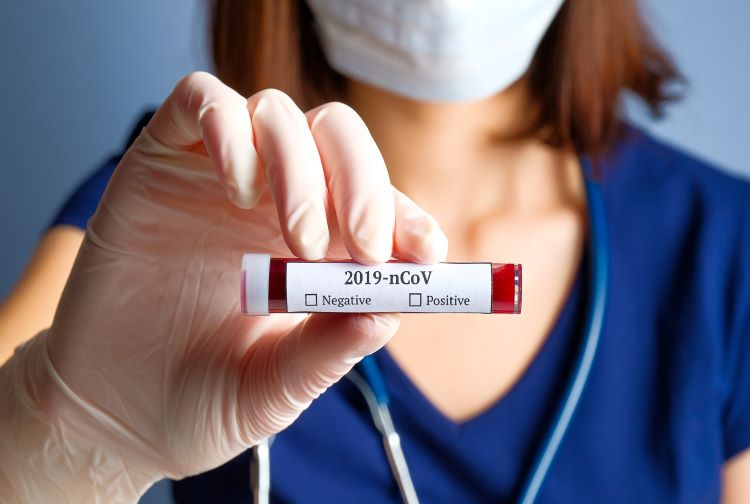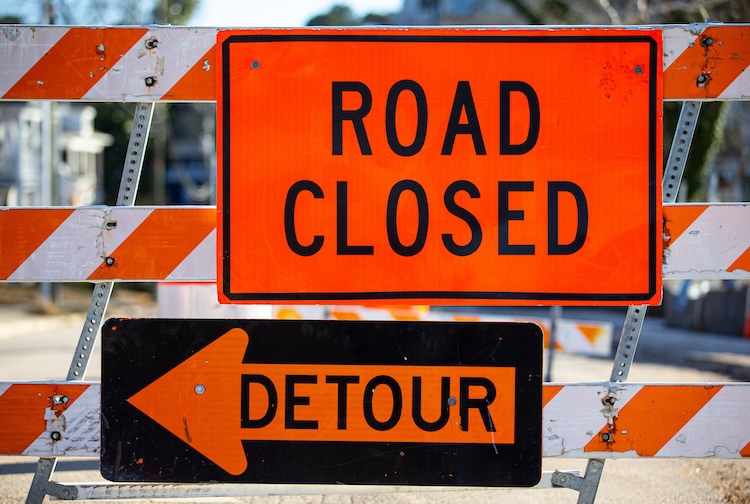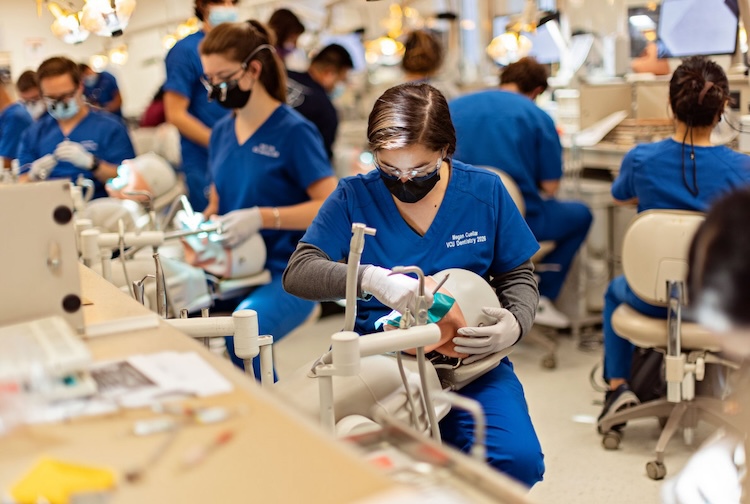
Updates to clinical services and appointments
Changes to non-urgent surgeries and procedures at VCU Medical Center in response to omicron surge
January 03, 2022 Photo: Getty Images
Photo: Getty Images
This content is current as of January 3, 2022.
The COVID-19 pandemic continues to challenge health care providers globally and nationally, including VCU Medical Center, resulting in yet another surge in the number of COVID-19 patients and a blood donation shortage.
As we continue to navigate the pandemic and adjust to the changing health care needs of our patients, our downtown hospital is seeing unprecedented demand for inpatient care.
Current situation at VCU Medical Center
- We are seeing a very high number of hospitalized COVID-19 patients.
- Currently, the omicron variant accounts for 95% of all positive COVID-19 tests performed in-house.
- Many of our hospitalized COVID-19 patients are unvaccinated. This means that vaccination is protecting people from severe illness. We are urging everyone eligible to please get vaccinated or schedule your booster shot.
- For updates on pediatric care, please visit the COVID-19 page of Children’s Hospital of Richmond at VCU.
We are committed to serving the urgent needs of our patients and community. To maintain high levels of quality and safety and make additional beds and blood products available for emergency care, we are voluntarily adjusting the scheduling of non-urgent surgeries and procedures at VCU Medical Center.
Changes to non-emergency care
- We are postponing non-urgent surgeries and procedures requiring a hospital bed or donated blood products at VCU Medical Center at this time. We will contact impacted patients directly to reschedule.
- Our hospital and emergency department remain open to care for our community. We continue to schedule and perform essential and urgent surgeries, as well as cancer, pediatric and transplantation surgeries, and outpatient surgeries not requiring a hospital bed or donated blood products during this time.
- We will continue to evaluate our scheduled surgical patients as the pandemic continues.
What you can do
Vaccination — including a booster for those who are eligible — continues to be the most effective way to protect against COVID.
Because COVID-19 activity is extremely high in the community right now, the potential for breakthrough infections is, too. If you are vaccinated and you have a breakthrough infection, it is far less likely that you are going to get severely sick. But you can still spread the disease, so it is important that everyone wear their mask. Wearing a mask reduces your risk of getting the virus and also of transmitting it to others. Proper masking tips are available on The Virginia Department of Health website.
Emergency Departments (EDs) are NOT public COVID testing locations. Please contact your health care provider or local health department for COVID testing site locations if you are asymptomatic or show mild to moderate symptoms of COVID-19.
People with symptoms
- People with mild or moderate cold symptoms (cough, sore throat, mild fever, chills, body aches without significant shortness of breath or chest pain) should stay home away from others and isolate until they can get an appointment at one of the Virginia Department of Health-identified testing sites.
- Existing VCU Health patients should consider a visit to the on-demand virtual urgent care clinic. A VCU Health provider may order a COVID-19 test, depending on the patient’s symptoms.
People who have tested positive
- Regardless of vaccination status, people with COVID-19 should isolate for 5 days and if they are asymptomatic or their symptoms are resolving (without fever for 24 hours), follow that by 5 days of wearing a mask when around others to minimize the risk of infecting people they encounter.
People who were exposed to someone with COVID-19
- People, in particular those who are not fully vaccinated, should follow the updated guidance from The Centers for Disease Control and Prevention, stay home for five days away from others, and wear a mask that covers their mouth and nose around others for 10 days.
- People who are fully vaccinated and have received a booster shot who are unable to quarantine should wear a well-fitted mask that covers their mouth and nose for 10 days when around others.
If you are experiencing a medical emergency, please go to the nearest emergency department. Patients who are seen in the emergency department will receive a medical screening examination and a thorough evaluation. Not all patients will receive COVID testing as part of their evaluation.
See All News See COVID News


